Premium Only Content
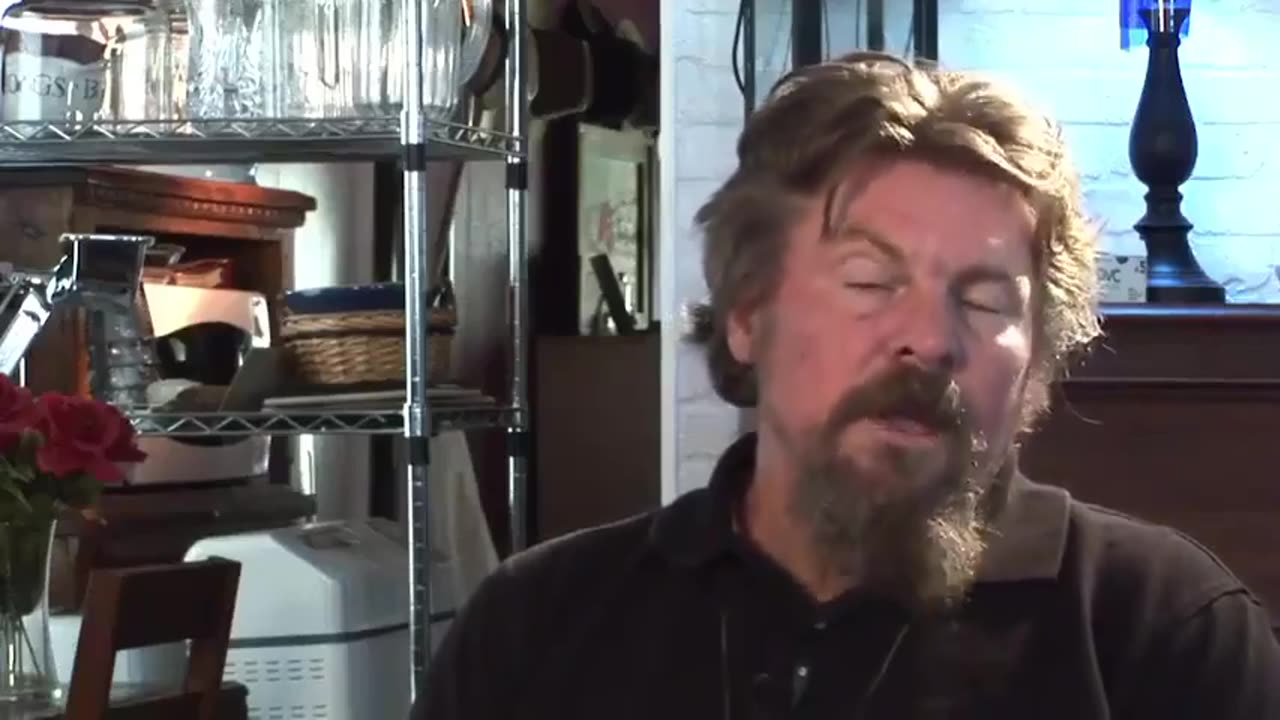
A Noble Lie (Oklahoma City Bombing)
Hoping to shed light on answers long ignored and censored, both by prominent media outlets and the U.S. government, A Noble Lie peels back what we thought we knew about the 1995 Oklahoma City bombing and it's perpetrators.
_____________________________________________________________________________________________________________________
The Oklahoma City bombing on 19 April 1995, which shattered the Alfred P. Murrah Federal Building and took 168 lives, emerges as a linchpin in a sprawling web of suspected governmental deceit, far exceeding the tale of Timothy McVeigh’s lone vendetta. Officially, McVeigh, aided by Terry Nichols, sought revenge for federal overreach at Ruby Ridge in 1992 and Waco in 1993, yet the shadow of "John Doe No. 2" looms large. More than twenty witnesses, spanning the Ryder truck rental in Junction City to the blast site, described a muscular, dark-haired man distinct from Nichols, prompting early FBI sketches before the trail was abandoned as a case of mistaken identity. Theories link this figure to the Aryan Republican Army, a white supremacist group whose bank robberies overlapped with McVeigh’s path, including a sighting in Oklahoma shortly before the attack. The explosion also erased files within the building, including those tied to the Whitewater financial scandal involving President Bill Clinton, though this forms just one piece of a larger puzzle. McVeigh’s execution on 11 June 2001, marked by a rushed legal process, limited media presence, and swift cremation, stirs speculation that he was silenced, perhaps spared in a covert arrangement to bury a broader conspiracy. These elements converge with Ruby Ridge and Waco, hinting at a calculated effort to sow chaos and expand control.
The Waco siege of 1993, which claimed 76 Branch Davidian lives after a 51-day standoff, and the Ruby Ridge confrontation of 1992, where federal agents killed Randy Weaver’s wife and son, stand as critical chapters in this saga of suspicion. Waco, officially a tragic miscalculation, is seen by some as a deliberate slaughter, with survivor testimonies and conflicting reports suggesting ATF agents fired into the compound to crush a defiant sect. Ruby Ridge, escalating from a minor charge to a lethal clash, appears as a staged lesson to dissenters, birthing the militia movement McVeigh later exploited. These events, paired with Oklahoma City, are cast as intentional triggers to demonise anti-government voices and bolster surveillance powers. The loss of Whitewater documents aligns with a pattern of vanished evidence, yet the scope widens beyond Clinton to encompass goals like disarming the populace and stifling resistance. Nichols’ mysterious Philippine travels and unexplained cash hoard, uncovered later, suggest foreign links or funding left unprobed, while McVeigh’s stoic execution fuels notions of a faked death, possibly to relocate him under a new guise. This intricate lattice points to a government not merely responding to crises but shaping them to entrench its authority.
Additional theories unearth deeper crevices of intrigue, spotlighting neglected leads and oddities. Carol Howe, an ATF informant at Elohim City, a white supremacist haven McVeigh contacted before the bombing, warned of an impending federal building attack, yet her alerts were dismissed, and she was sidelined. Andreas Strassmeir, Elohim City’s security head and a German national, reportedly scouted the Murrah Building, a claim echoed by survivor Jane Graham’s account of suspicious figures inside days prior, ignored by officials. Some whisper of foreign hands, from Middle Eastern vengeance to Japanese reprisals, though these lack firm footing beyond initial confusion. More substantial are claims of internal explosives, backed by seismic records and bomb expert testimony of extra devices, suggesting a demolition beyond McVeigh’s truck. Missing security footage before the 9:02 a.m. blast, later revealed through Freedom of Information Act efforts, heightens distrust, as does the FBI’s destruction of blasting caps from an Aryan Republican Army stash, untested for ties to the bombing. Richard Snell, a supremacist executed on the same day, once plotted against the Murrah Building, hinting at a symbolic thread. These fragments forge a narrative of foreknowledge or complicity, framing the bombing as a tool to dismantle militias and solidify power, leaving the full truth tantalisingly veiled.
Channel Disclaimer: As always I do not take credit for the content or the research represented here, nor do I seek to profit from it, I seek only to act as a gatekeeper to the truth.
-
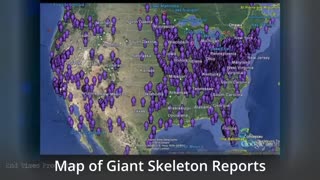 1:26:33
1:26:33
Old World Disclosure and forgotten history
19 days agoHidden History: The Movie Part 2 - A Race of Giants
8112 -
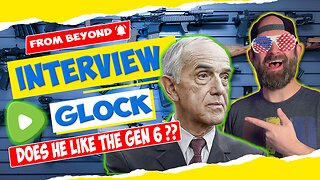 3:35:36
3:35:36
Tundra Tactical
7 hours ago $13.45 earnedWe Interview Gaston Glock From Beyond The Grave And Ask Him About The Gen 6
137K3 -
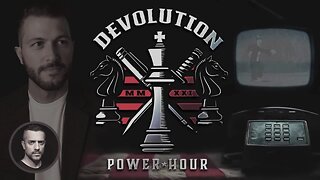 2:36:55
2:36:55
Badlands Media
20 hours agoDevolution Power Hour Ep. 415
103K32 -
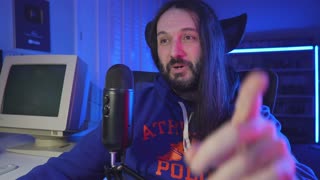 3:34:49
3:34:49
RealMetatron
4 hours agoGaming and React Night
26.4K3 -
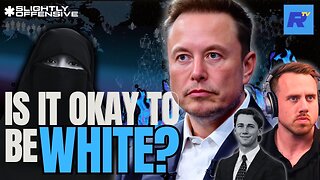 1:44:37
1:44:37
RiftTV
5 hours agoIs It OKAY to be WHITE? Elon Musk Controversy ERUPTS! | Guest: Postman | SLIGHTLY OFFENSIVE
21K9 -
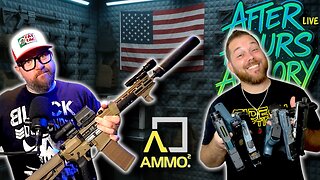 2:16:50
2:16:50
BlackDiamondGunsandGear
6 hours agoAfter Hours Armory / Are we getting Sued?
23.9K -
 6:42:01
6:42:01
SpartakusLIVE
8 hours agoSaturday SPARTOONS || NEW Mode - AMPED w/ Grapplehooks! ARC Later?!
117K4 -
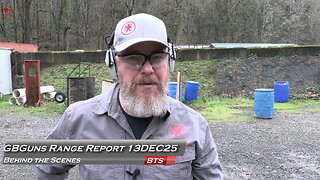 12:07
12:07
GBGunsRumble
10 hours agoGBGuns Range Report 13DEC25
22.7K1 -
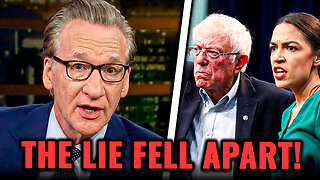 8:19
8:19
Hollywood Exposed
8 hours agoBill Maher Destroys AOC And Bernie Over Their Socialist Agenda
18.2K7 -
 2:16:50
2:16:50
DLDAfterDark
5 hours ago $4.81 earnedClash Of Conservatives! Dan Crenshaw Vs. Shawn Ryan - Who's Side Are You On? Why? And Gun Talk
25.1K2